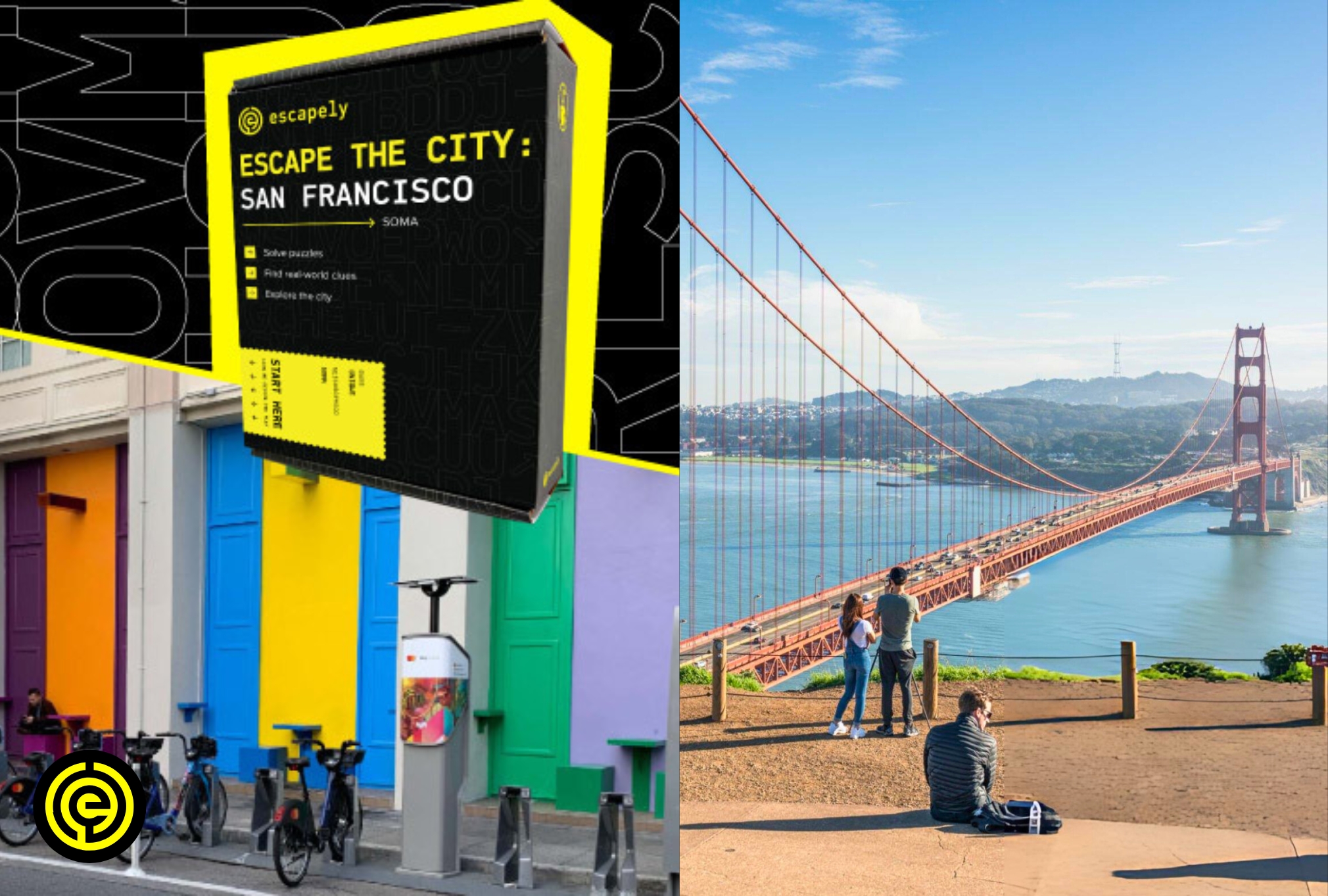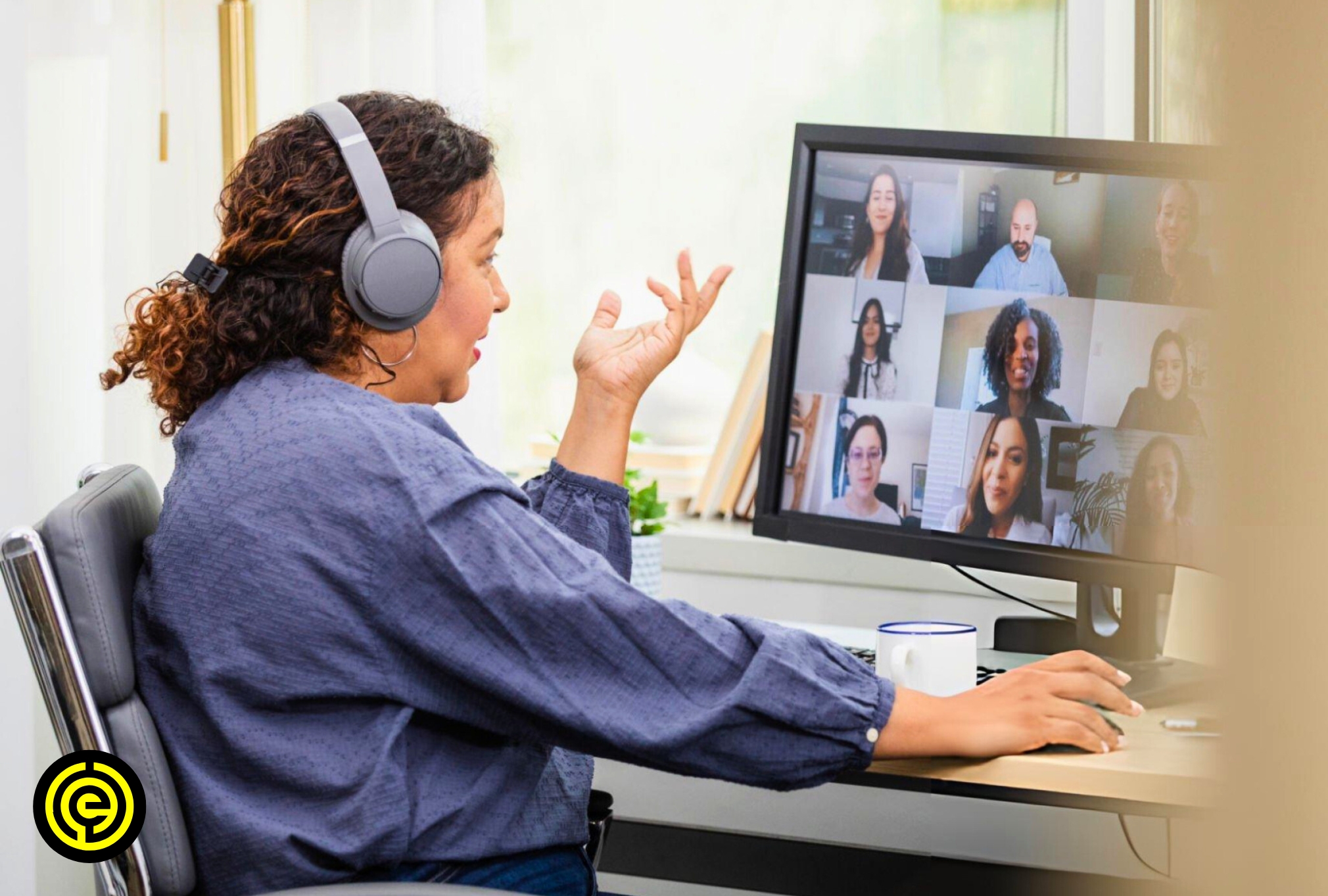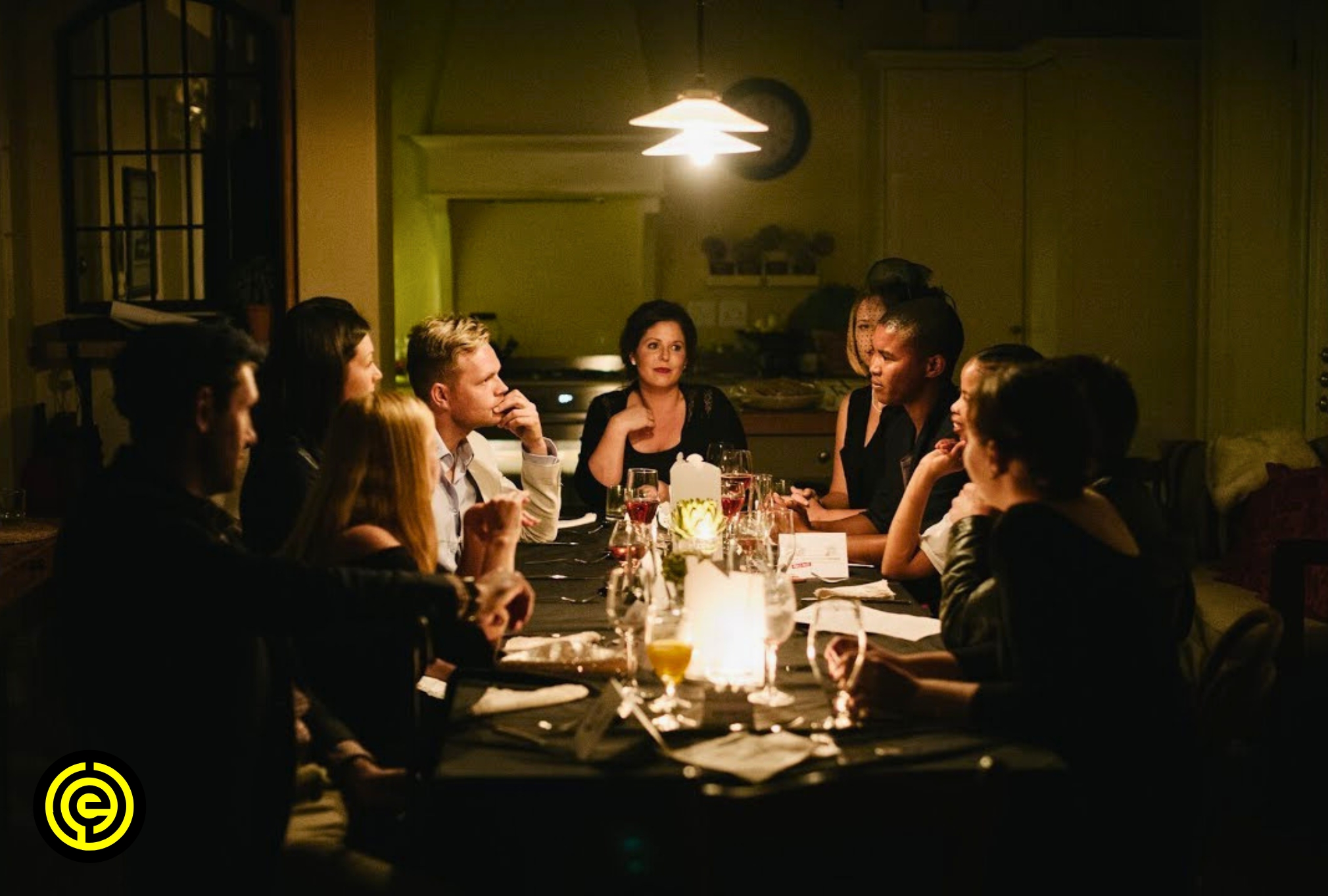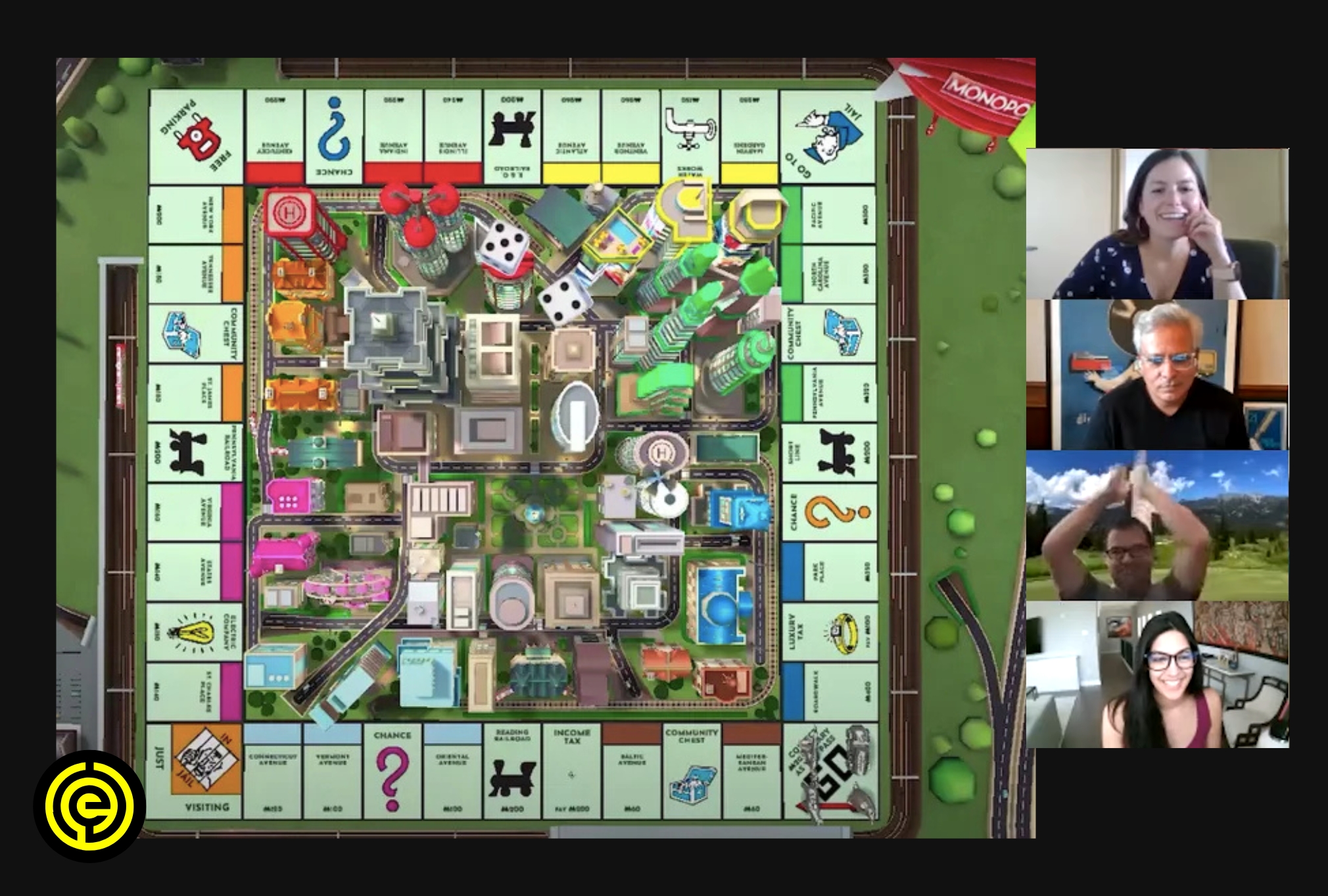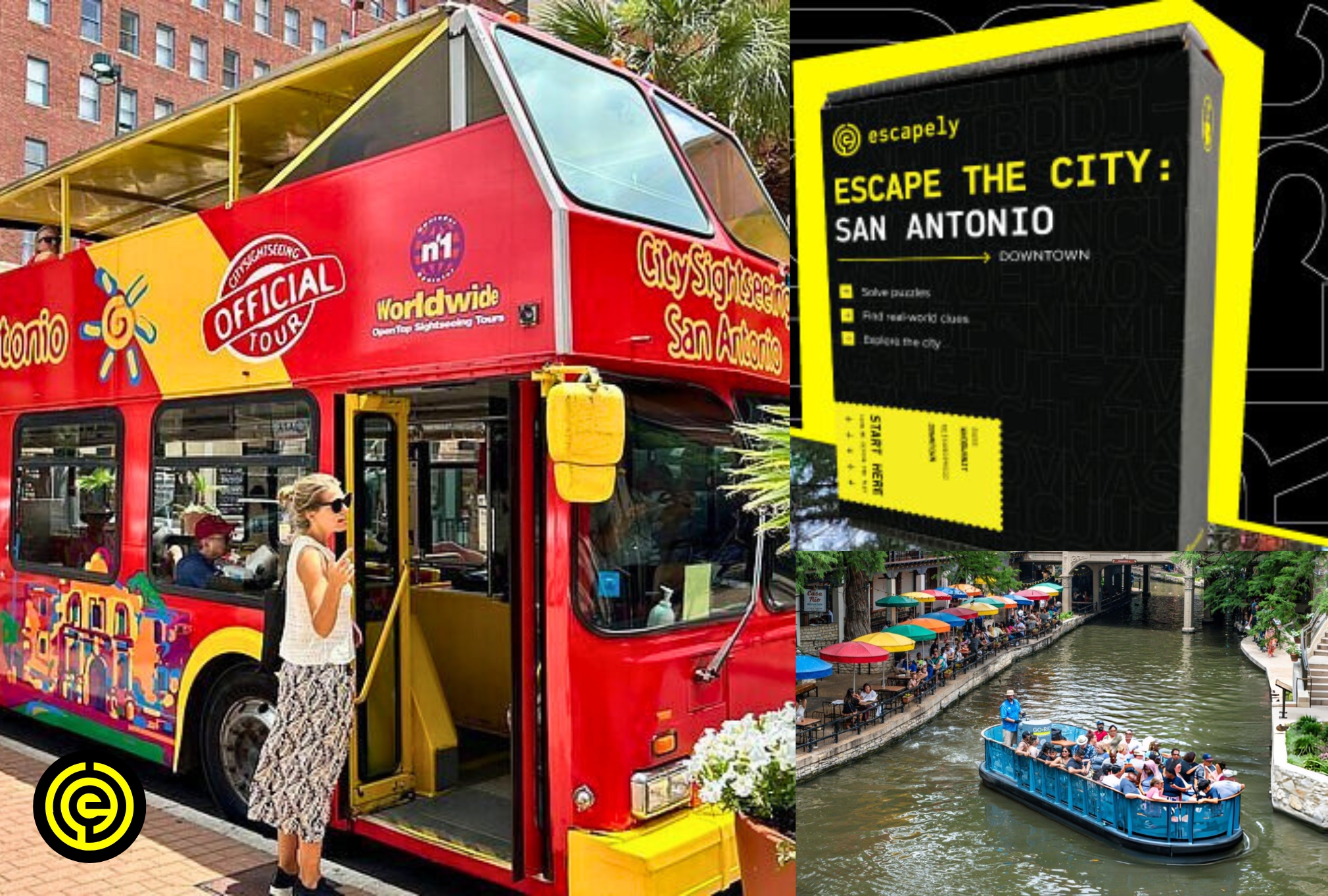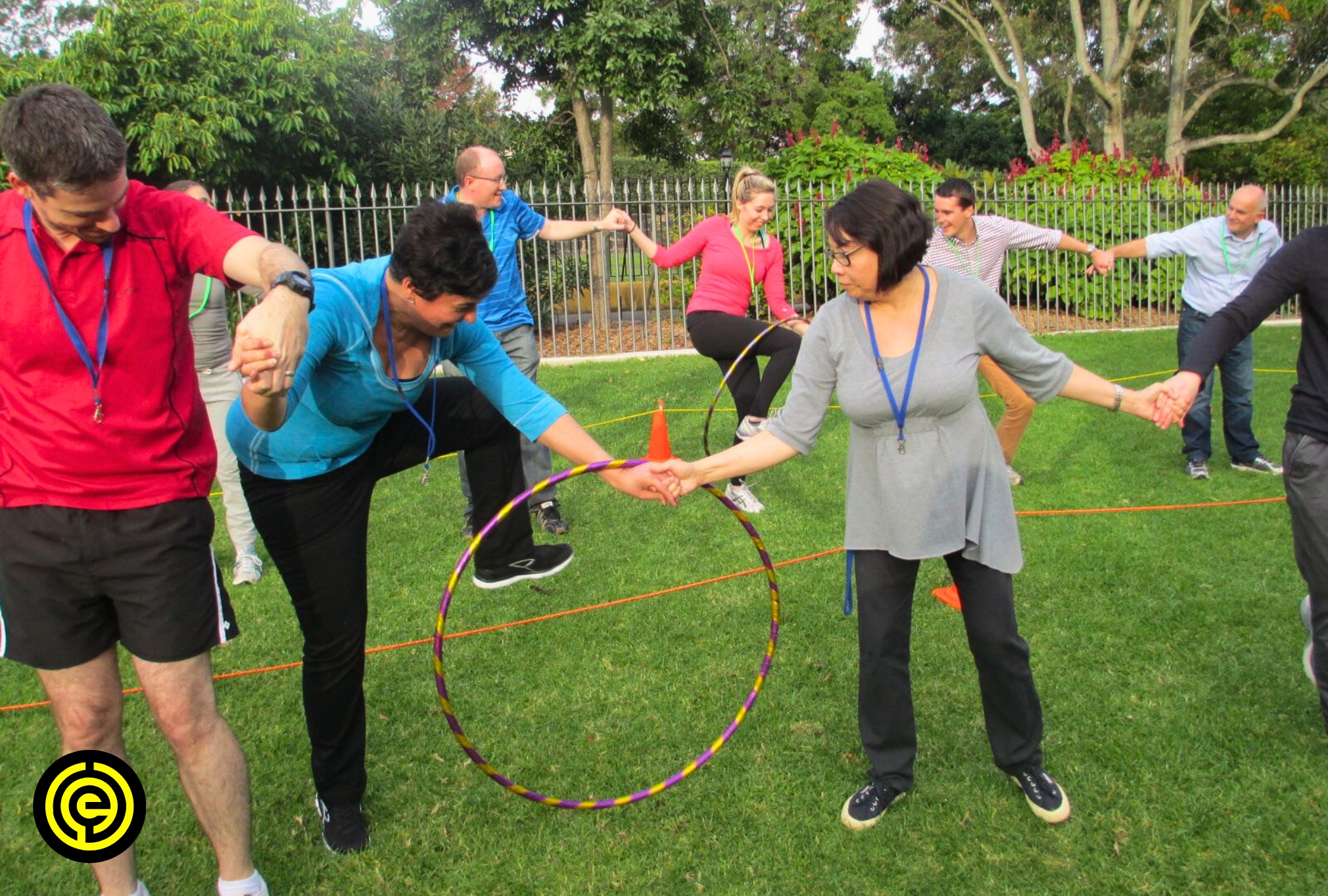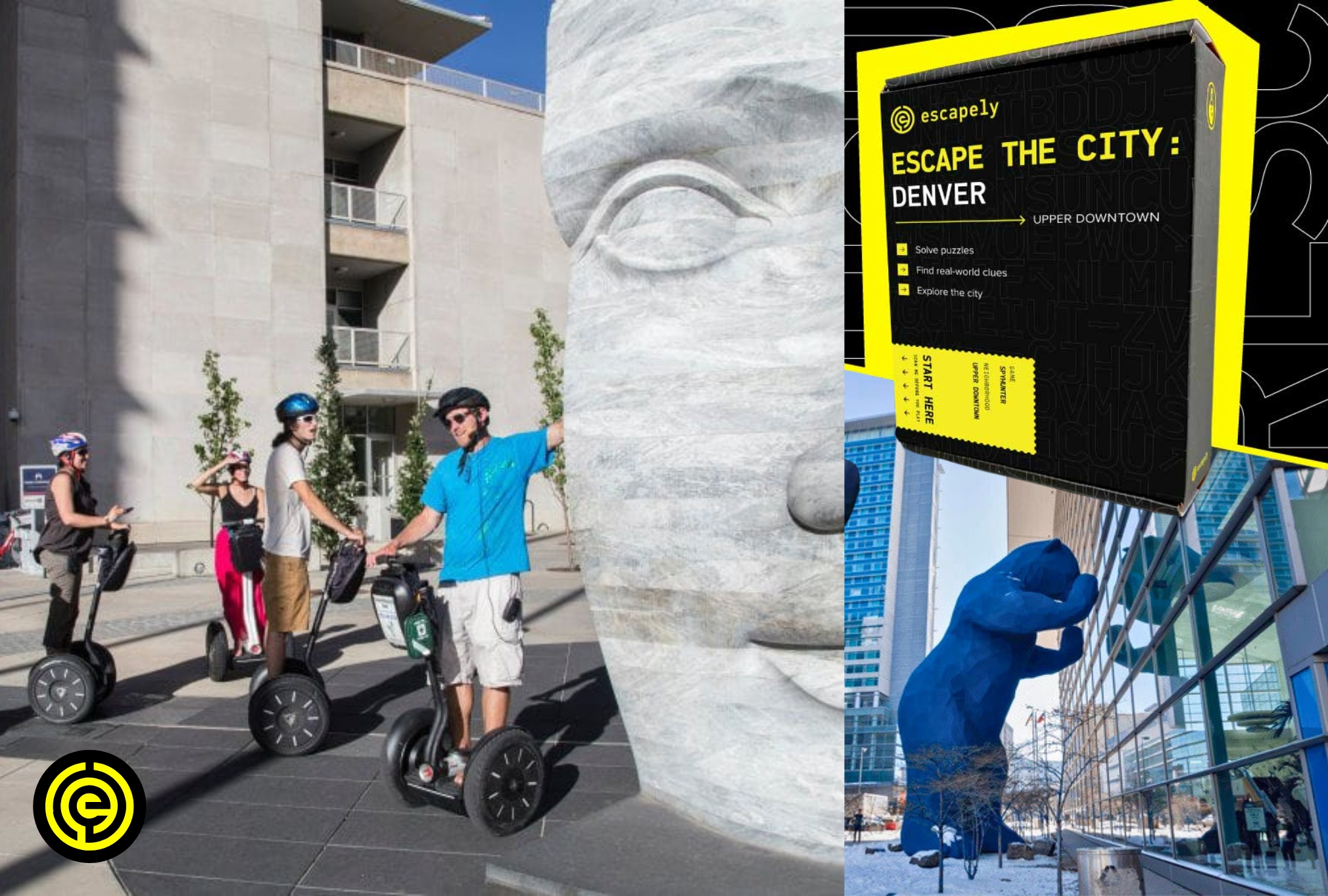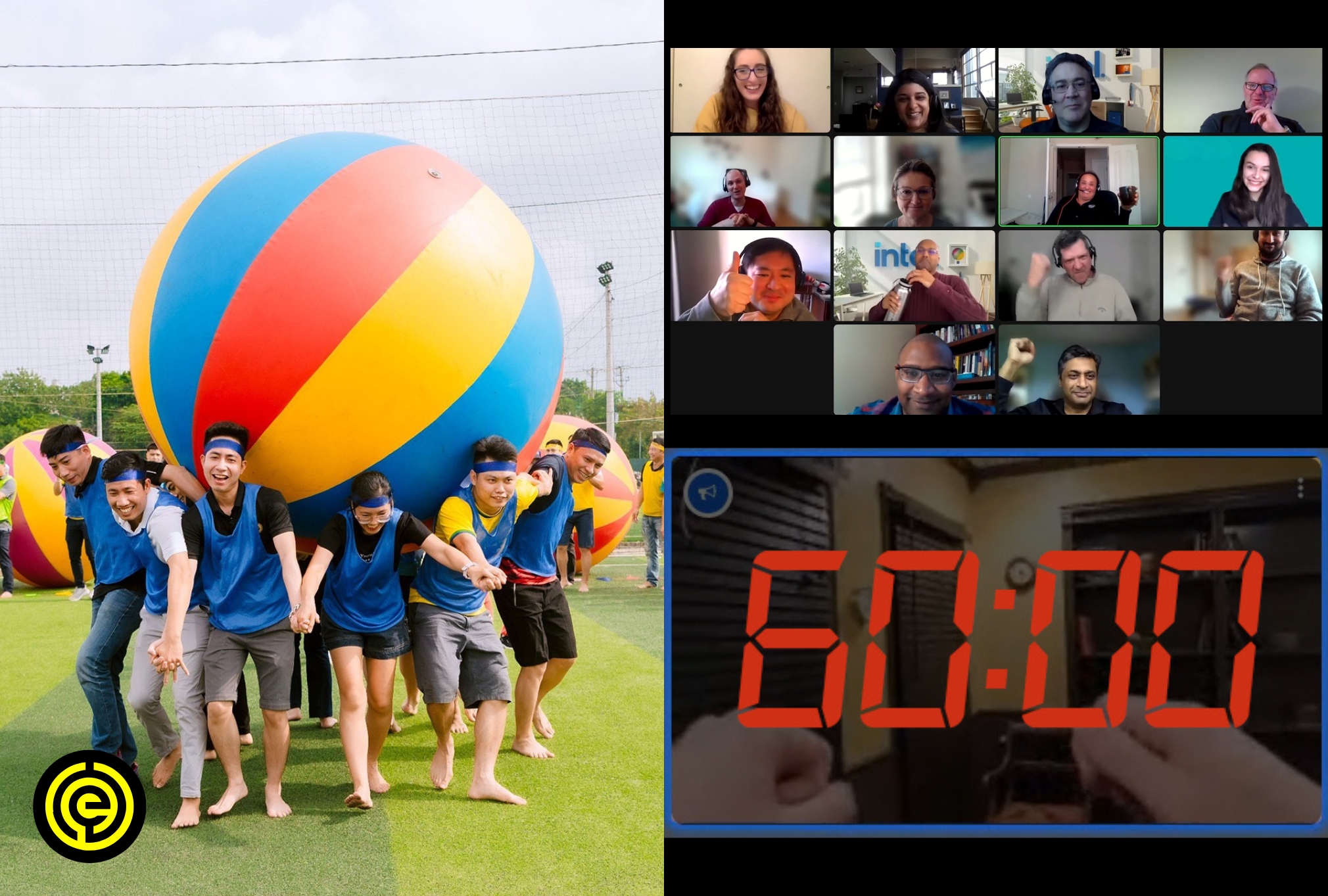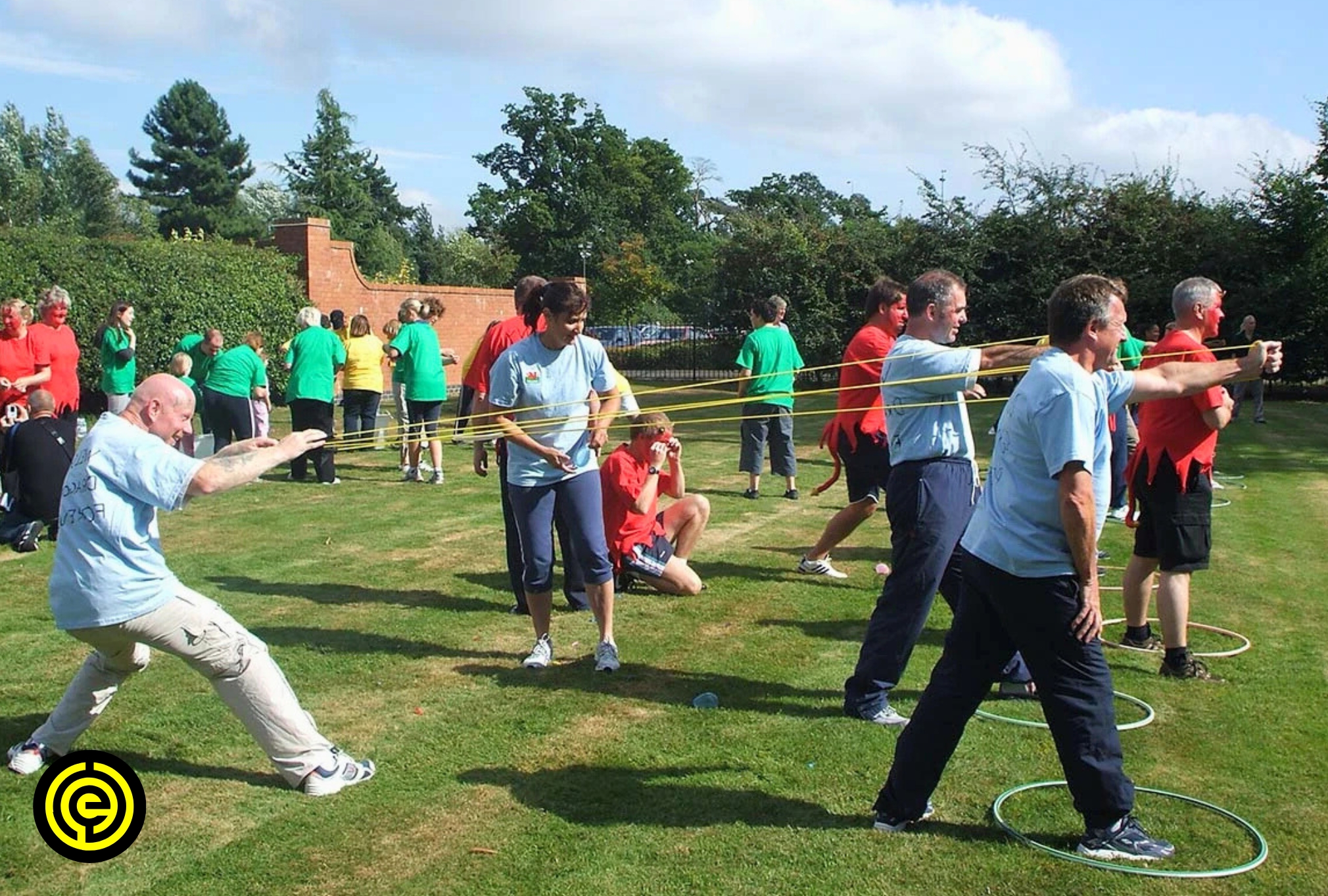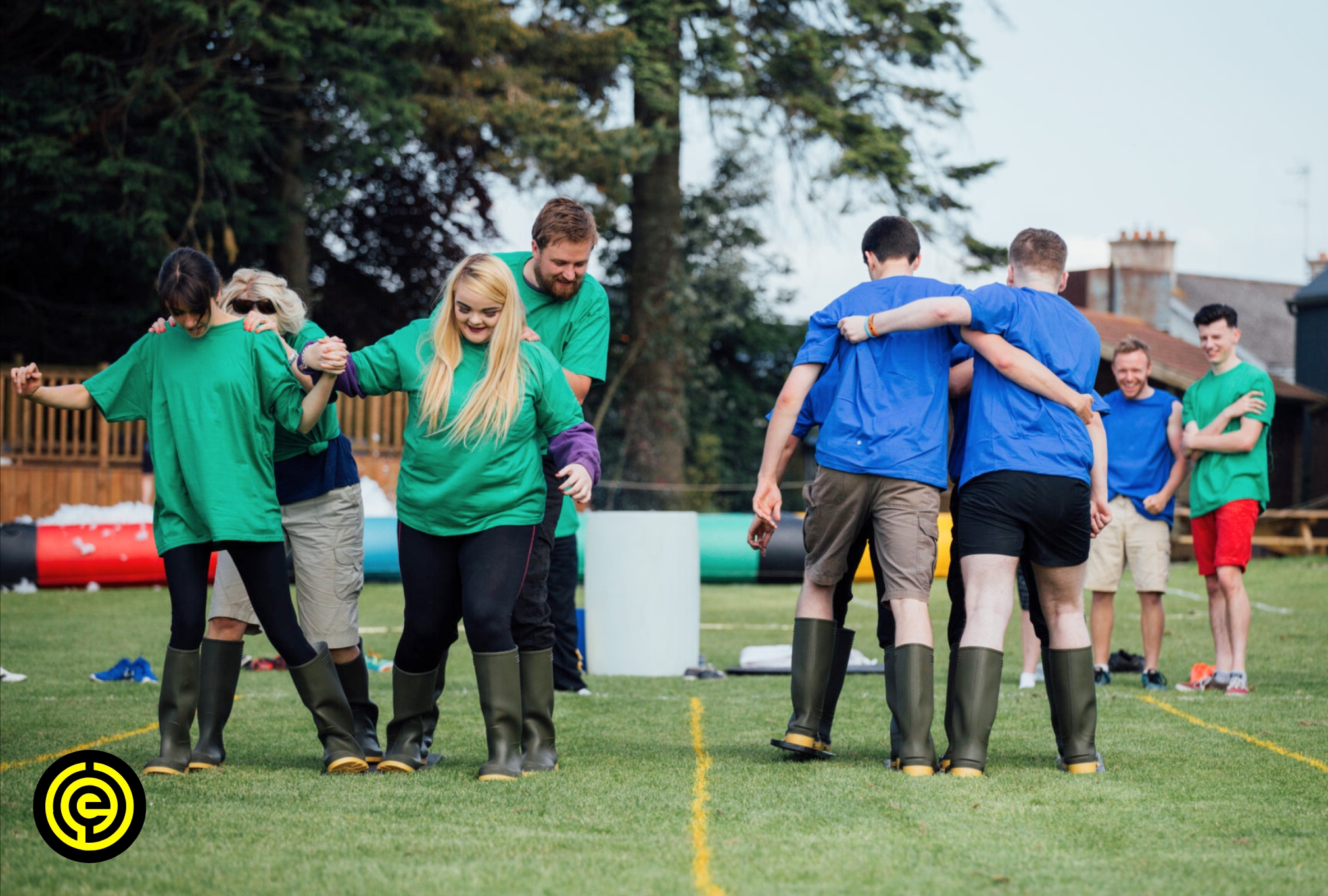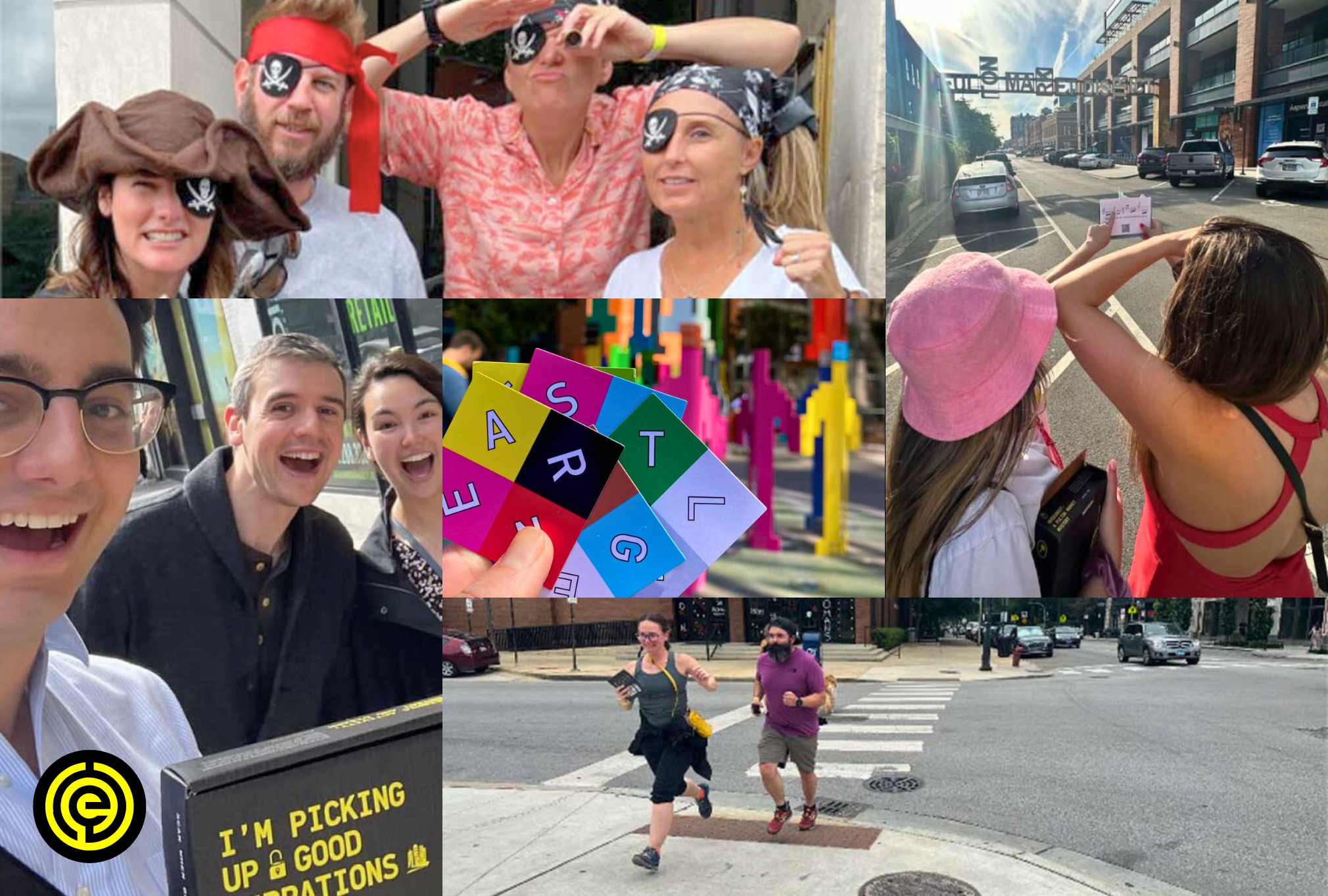“How many people do you need for an escape room?”
This is the burning question you need to answer before you can gather your friends and draw up your daring escape plan.
After all, the world of escape rooms is one where every corner holds a mystery waiting to be solved. Imagine being locked in a room filled with cryptic puzzles and hidden clues, ready to be cracked.
This is why knowing the right people and how many of them you can bring is essential for increasing your chances of success.
Join us as we explore the collaborative nature of escape room challenges. Discover the perfect escape room group size to conquer these immersive quests in the article below, and ready your team for every twist and turn. You can even book a demo with us to learn more about our escape room packages.
Ideal Escape Room Group Sizes
Prepare for your escape room game journey by choosing the perfect team size. Consider the following group sizes tailored to your preferences.
- Large groups
- Small groups
- Couples or duos
Let us start by exploring how large groups tackle escape room challenges.
NOTE: When crafting an escape room, room designers focus on critical thinking, problem-solving, and communication skills. This is a given, regardless of group size, so choose your teammates wisely!
Large Groups
Large groups are great for most escape rooms because they bring out the numbers advantage. You can bring four to eight people to fully utilize the escape room element and enhance your problem-solving ability.
With more people come more diverse skills and ideas, making it easier to crack codes and solve puzzles. Plus, working together in a big group encourages teamwork and communication, leading to more likely success.
These large groups shine in corporate team-building events. In these groups, many participants can interact and bond outside their typical office cubicles or team layouts.
The teamwork needed in escape rooms fosters unity and camaraderie, which often translates to improved collaboration and productivity at work.
However, one downside of having too many participants is that they cause too much distraction and chaos, and not everyone can reach their fullest potential. You can lose out on the collaborative effort if not everyone gets a chance to speak.
Small Groups
Small groups are beneficial in escape rooms because they increase each individual’s engagement. With fewer group members, everyone can participate more actively, making the experience more immersive.
These small groups shine in intimate gatherings. In these groups, close interaction and shared experiences are key.
With fewer members (four or fewer), connections deepen, and everyone feels encouraged to contribute.
Small groups also find communicating and working easier, resulting in a cohesive approach to solving puzzles. However, having too few people in the room may hinder your productivity or ability to develop ideas.
Couples or Duos
Even just two people can do well in an escape room, showing how critical teamwork and synergy are in achieving group success. Couples or duos can have a great time in an escape room, enjoying the more personal and intimate atmosphere.
Working closely together, partners can still solve puzzles and conquer escape room challenges effectively without the distraction of added people in the room.
The duo’s dynamic can create or enhance their special connection, making the experience truly memorable. This set-up works for in-person rooms or a virtual escape room for duos.
What are Some Considerations for Group Composition?
Let us take a closer look at the importance of group composition in escape rooms.
A. Factors to Consider
When forming a group for escape rooms, it is crucial to consider a few key factors. Firstly, each room has unique challenges and themes, so assembling a diverse team with different skills can be beneficial to grant the team unique perspectives.
Secondly, consider each member’s individual strengths and preferences. Some might excel at solving puzzles, while others might be great at noticing details. Utilize these skills appropriately.
Lastly, consider how well the group communicates and works together. This will significantly impact your chances of success.
B. Tailoring the Experience
Choosing the right escape room for your group size ensures everyone stays engaged. This makes the adventure more memorable and successful.
Below are themes or puzzles more conducive to specific group compositions.
For Large Groups
- Multi-Room Adventures: Escape rooms with many connected spaces allow the group to split up and solve puzzles in smaller units.
- Time-Pressure Challenges: Having more participants allows the team to divide and conquer tasks, a must with time-sensitive puzzles.
- Team vs. Team Competitions: Large groups can split into smaller teams for friendly competition.
For Small Groups or Couples
- Story-Driven Narratives: Intimate groups can fully immerse themselves in escape rooms, especially with detailed storylines.
- High-Detail Puzzles: Smaller groups benefit from intricate puzzles. Each member can focus on one without feeling overwhelmed.
- Cooperative Escape Room Challenges: Puzzles that require teamwork suit smaller groups. This fosters communication and collaboration.
Interested in an escape room experience with exciting puzzles, challenges, and fun hosts? Book a demo to learn about our escape room scenarios and more!
Tips for Optimizing the Escape Room Experience
Unlock the secrets to mastering escape room tips with these expert hacks.
A. Effective Communication
Effective communication is paramount for success in escape rooms. It ensures team members can share ideas, coordinate efforts, and solve puzzles efficiently.
Clear communication allows participants to effectively convey important information, discuss strategies, and collaborate. Here are some straightforward tips to improve communication.
- Encourage everyone to share their ideas
- Listen carefully to others
- Assign roles based on strengths
- Use both words and gestures to communicate
- Keep everyone updated on progress and challenges
These tips can help your team work better together, solve puzzles faster, and have more fun in the escape room.
B. Leveraging Individual Strengths
Leveraging personal strengths involves using the abilities of each member to maximize success.
Encouraging members to identify their strengths and assign tasks can enhance overall performance.
Here are some invaluable skills you must bring into an escape room.
- Analytical Skills: People good at analyzing can break down complex problems, making it easier to solve codes and puzzles.
- Observational Skills: Those who notice small details can find hidden clues faster, helping the team progress.
- Critical Thinking: Logical thinkers can figure out patterns and make intelligent guesses. This guides the team through challenges.
- Creativity: Creative folks bring fresh ideas, finding new ways to solve puzzles when ordinary methods do not work.
- Leadership Skills: Leaders organize the team, assign tasks, and keep everyone motivated. They ensure the group stays focused and tackles escape room challenges efficiently.
Using everyone’s strengths helps teams tackle puzzles from different angles, improving their chances of success.
Key Takeaways on the Number of People in Escape Rooms
In conclusion, virtual escape rooms offer unmatched flexibility and adaptability. They cater to various preferences and group sizes.
At Escapely, our escape room games are designed for large and small groups alike. We ensure everyone enjoys an unforgettable experience.
Consider your group’s strengths and dynamics as you plan your next adventure. Dive into an escape room journey filled with excitement, teamwork, and endless possibilities. Book a demo to find out more or email us at hello@escapely.com!
Interested in an escape room experience with exciting puzzles, challenges, and fun hosts? Book a demo to learn about our escape room scenarios and more!







